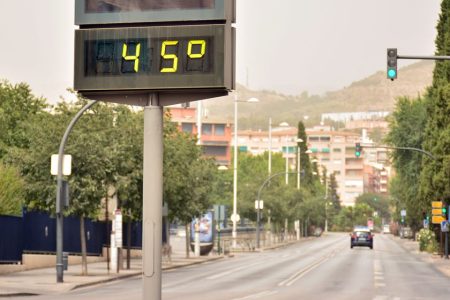Swiss multinational Nestlé adds sugar and honey to infant milk and cereal products sold in Asia, Africa and Latin America – but not in its European markets.
The practice, identified by the Swiss investigative organisation Public Eye, goes against World Health Organization (WHO) guidelines for the European region. These suggest that no added sugars or sweetening agents should be permitted in any food for children under three.

While such protocols may not exist for other regions, the Consortium for Improving Complementary Foods in Southeast Asia has stated that the European guidelines are equally relevant elsewhere in the world.
According to the consortium, adding sweeteners to food intended for infants and young kids can “contribute to unhealthy diets with long-term health consequences, including obesity and noncommunicable diseases.”
[See more: Want to live longer? Follow these 6 essential tips for a longer, healthier life]
A Nestlé spokesperson has said that the company always complied “with local regulations or international standards” in the “highly regulated” baby food category. She noted that Nestlé had reduced the total amount of added sugars in its infant cereals portfolio by 11 percent worldwide over the past decade and was continuing to reduce them even further.
However, Dr Nigel Rollins, a WHO medical officer, said that Nestlé’s actions represented “a double standard” that “can’t be justified.”






